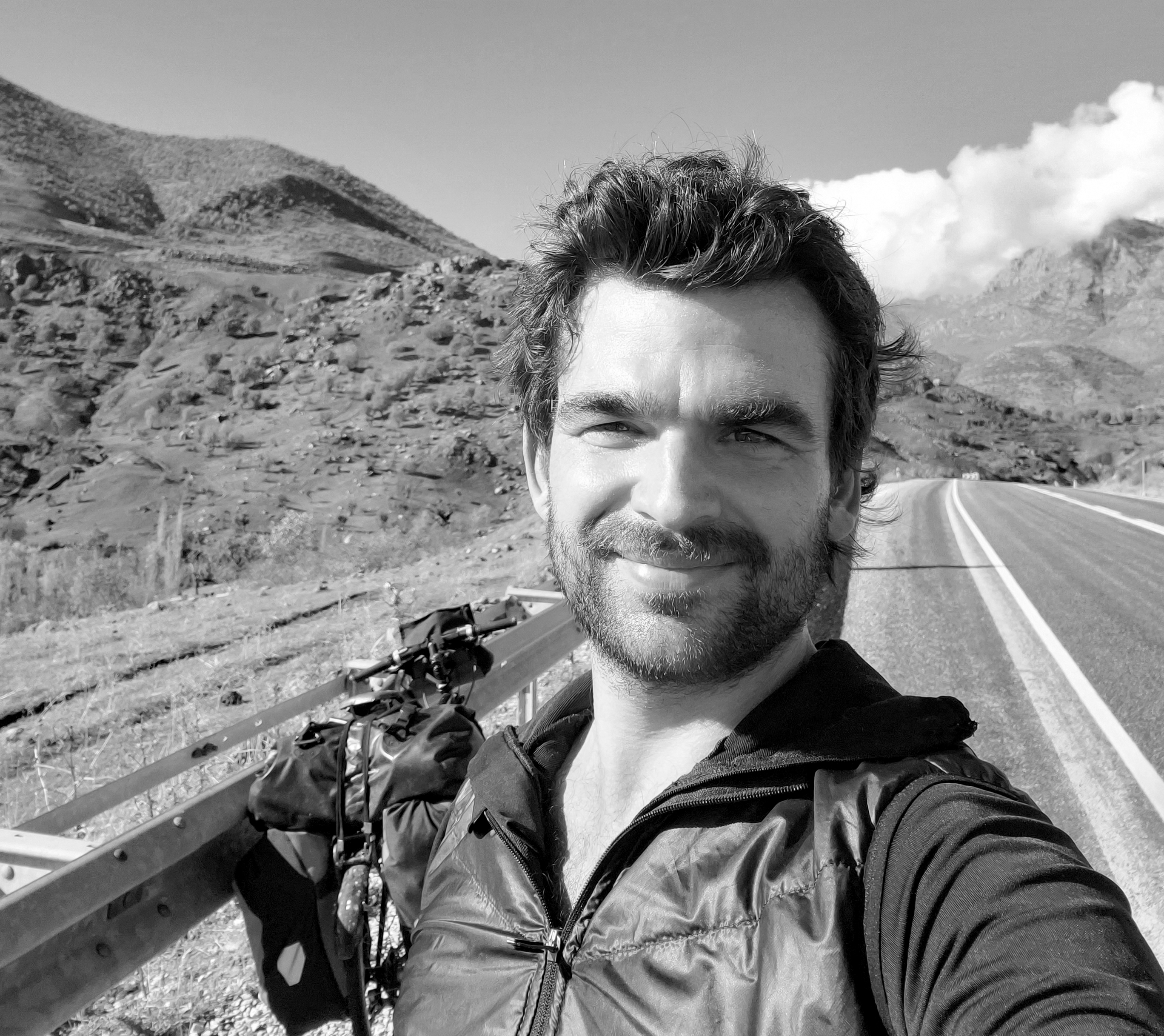'We're athletes, not victims' – meet the one-legged Palestinian competing at the Para-cycling World Championships
After losing a leg, Mohammed Abu Asfour sought solace in cycling – and now represents Palestine on the world stage
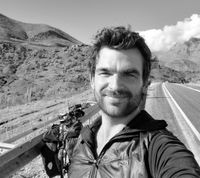
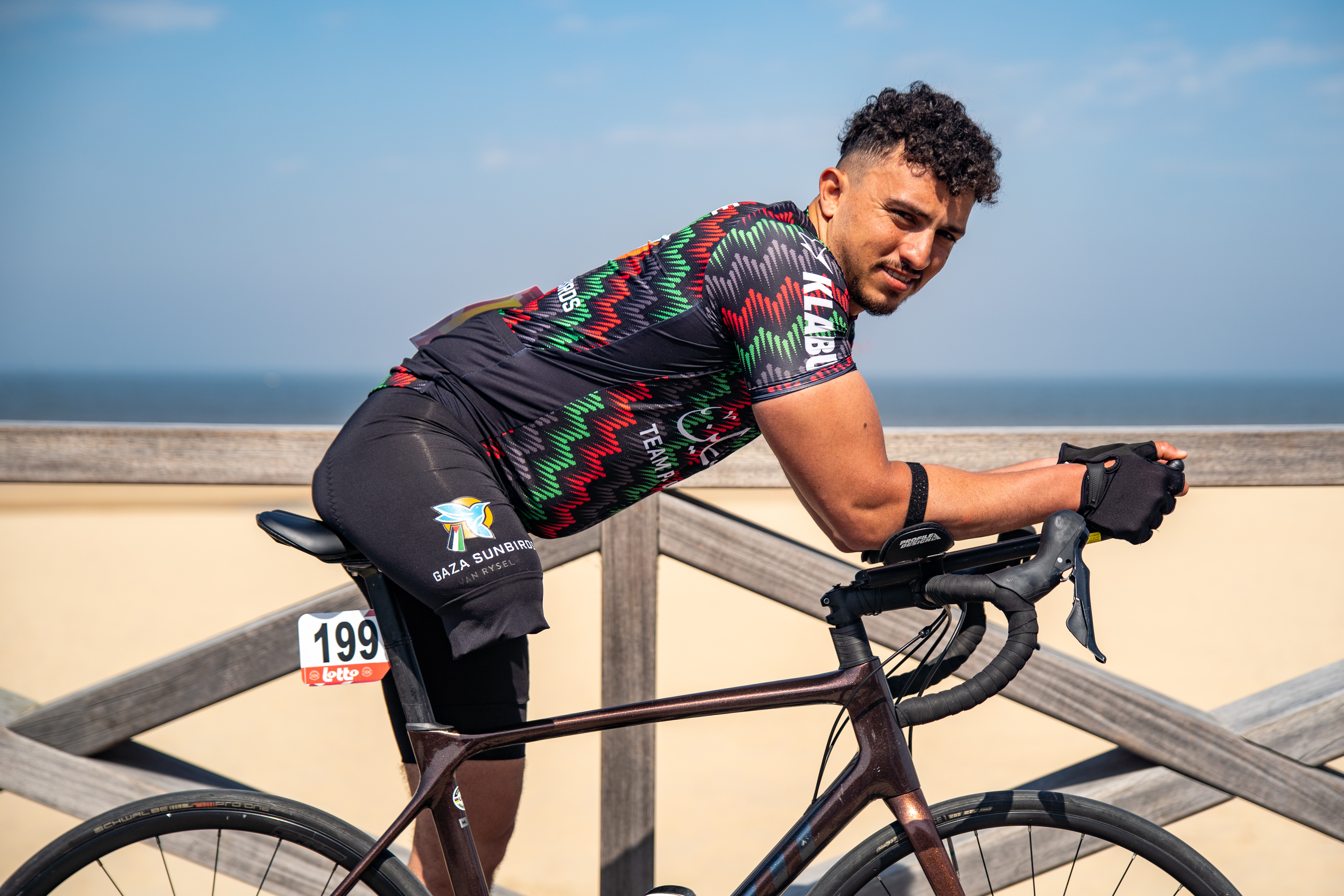
That Gaza has the world's largest population of amputees has become a grimly renowned statistic. But nobody is just a statistic – every life, and every limb, has a story. One such story is that of Mohammed Abu Asfour, a Palestinian paracyclist from Gaza, who lost a limb in a tragically familiar way. Taking part in a protest at the border fence between Gaza and Israel on 18 January 2019, Asfour was shot in the right leg by an Israeli sniper. "I spent 18 days in Gaza hospitals," he tells me via a video call from Belgium, where he now lives. "Without a transfer abroad, the wound got infected, and the leg had to be amputated".
Like most amputees, Asfour faced depression and mental health difficulties as he adapted to his changed body, but he also found hitherto unknown reserves of strength. The Gaza Sunbirds para-cycling team had not yet been formed, but later in 2019, Asfour met Alaa al-Dali, who would go on to become the Sunbirds team captain. Al-Dali had been shot in a similar fashion in 2018 and observed other riders refusing to let amputation stop them from cycling. Asfour credits this meeting with a rekindled hope. "That moment made me realise I could ride again and start dreaming big”.
Now 25, Asfour is currently living in Liège, Belgium, having been evacuated last year with a handful of other Sunbirds teammates as Israeli strikes on Gaza escalated. Asfour is originally from Khan Younis, in southern Gaza, and began cycling as a child. "I had a normal childhood," he says. "I first rode a bike aged six – just for normal things, to get to school or the grocery shop. Racing professionally never crossed my mind back then".
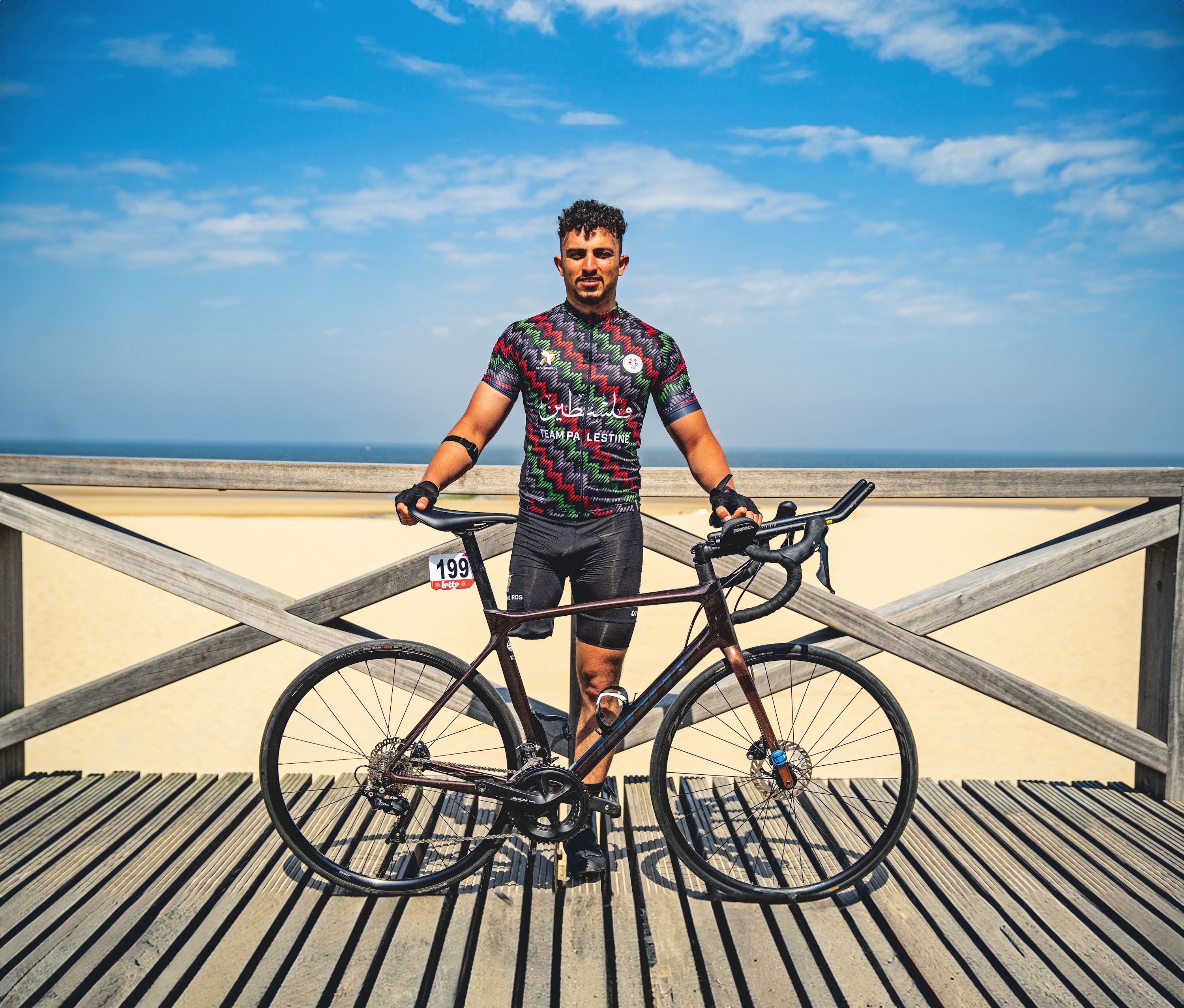
Racing has, however, become Asfour's new normal, and has taken him all the way to the biggest stage in cycling. The Gaza Sunbirds' first participation in an international event, representing Palestine, came in September 2024 when al-Dali took to the start line at the Para-cycling World Championships in Zürich, Switzerland. The big moment for Asfour came third year, in Ostend, Belgium, as he joined al-Dali on the start line of the 2025 Para-cycling World Cup, proudly sporting the team's new black-red-green jersey. Both riders scored enough points to qualify for August's Paracycling World Champs in Ronse, Belgium, which takes place this weekend.
The competition he witnessed at the World Cup opened Asfour's eyes. "Seeing veterans in their forties still fast, riding bikes we could only dream of, pushed me even harder," he says. Back home in Gaza, the infrastructure is ruined and training is impossible. "Gaza has no cycling track. We risked our lives on the Salah al Din Highway [the main trunk road]". His adopted home of Liège is quite a contrast. "Belgium has dedicated, accessible bike lines. It's night and day," he smiles.
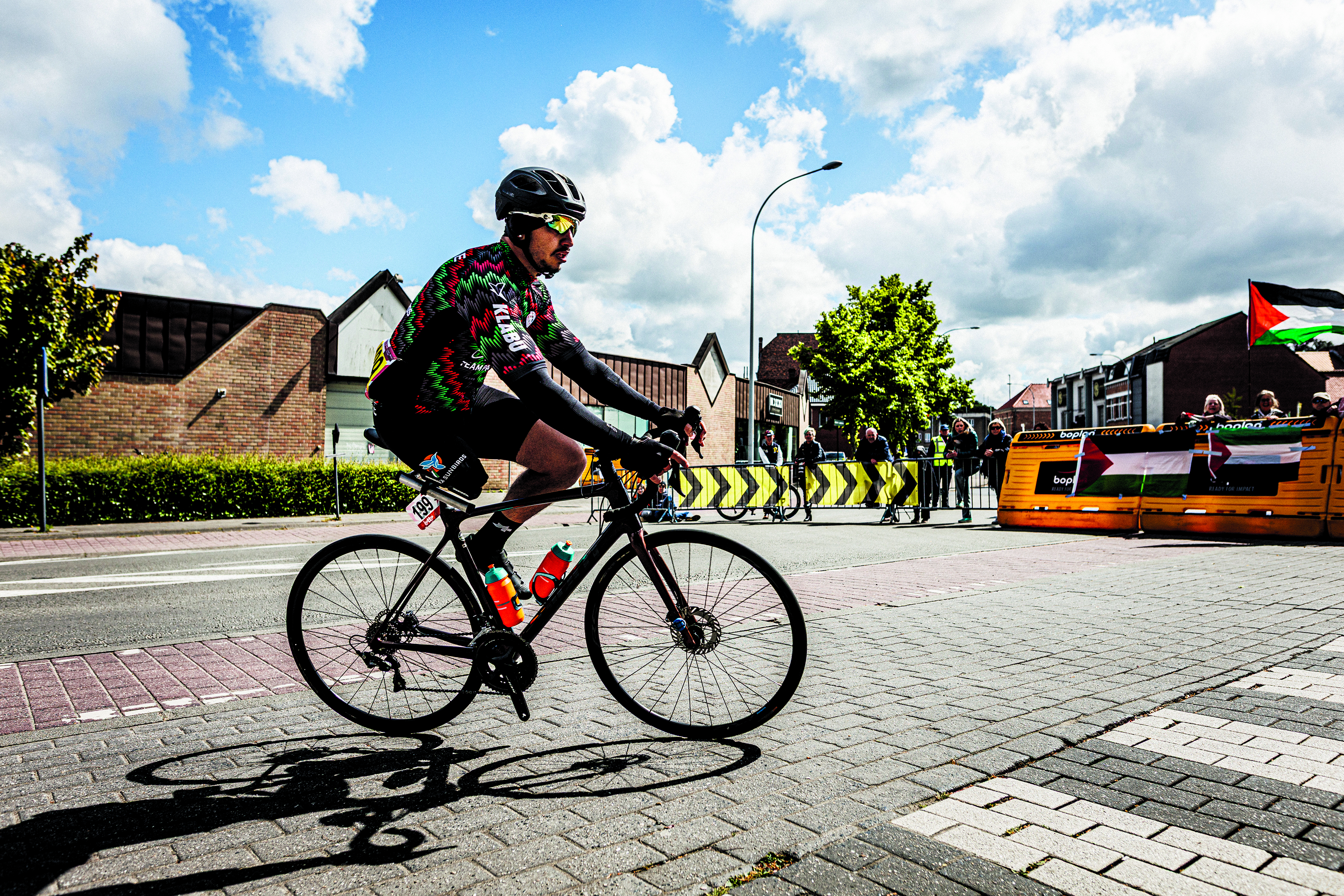
Developing as a rider in Gaza, even before the current conflict, was extremely challenging. Though there was a healthy sporting rivalry between the regions of Gaza City, Khan Younis, and Rafah, the absence of hills – Gaza is famously flat – or a road longer than the strip's 45km central highway, are major impediments to competitive cycling.
As Israel prolonged and intensified its military action in Gaza, an international effort with external partners raised the funds necessary to evacuate Asfour and a number of Sunbirds teammates and coaches out of the territory via Egypt. He is safe in Belgium, but Palestine remains his home – and it is agony knowing he cannot return. "When the Rafah crossing closed during the war, returning home became impossible," he says. "Europe offers peace – no bombing every two years. The painful bit is knowing my family is under fire while I'm safe here".
The latest race content, interviews, features, reviews and expert buying guides, direct to your inbox!
Against that pain, the bicycle offers some small reprieve. "Cycling gives a mental space less crowded by fears for my family. It's helped me concentrate and build a mental resistance I never thought I'd master". This story of overcoming is central to the message of the Gaza Sunbirds, who embody Palestinian fortitude. "We're athletes, not victims" is how Asfour summarises his relationship to riding and how the team wants to be perceived. "People were shocked at first: 'Look, he's missing a leg' but then they noticed, 'Wait, he rides faster than us'. We flipped that narrative," he adds.
Asfour speaks with pride about the Sunbirds' commitment to their local community, and how it shaped their image. "During the start of the war, the Sunbirds delivered aid on bikes; injured riders were distributing food and medicine. That changed perceptions 100%". Starting out with only a few riders, the team has taken massive strides since its creation. "[Back then] we shared a handful of bikes and shuttled them between Gaza City, Khan Younis and Rafah," says Asfour. "A long ride for us back then was 18km or 19km. Funding was zero, gear was scarce, and the roads were unsafe".
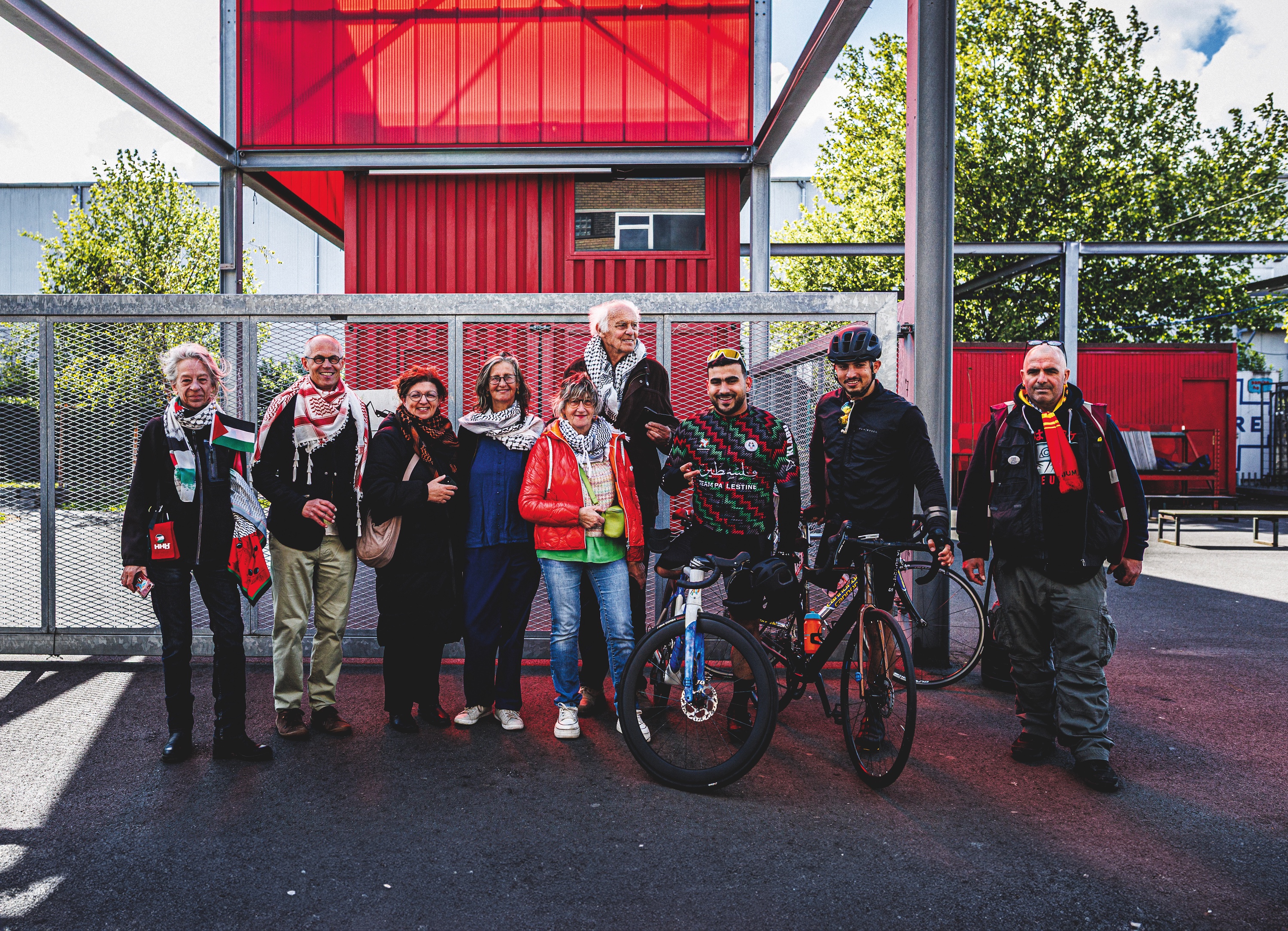
There are few greater challenges for a cyclist than losing a leg, but for Asfour it was not the end but a new beginning. By starting small, with a determination to improve, he built his fitness to a competitive standard. "I once dreamt of 10km, now I race 72km and aim for the Paralympic Games," he glows. What has this meant to him? "I'm proud – competing internationally and targeting the 2028 Paralympics. Sport has toughened my mind. Despite war and uncertainty, now I can hammer out 70km in cold rain, totally focused – something I couldn't do before".
And how does it feel to compete on the world stage? "At the start line in Ostend, I was nervous. Halfway through, I remembered Gaza's struggles and pushed harder. Near the finish my only thought was: 'Don't quit – don't let the war steal this'". For all the chaos, trauma and heartache in both his past and his present, Asfour is clear about his aims and motivations. "Personally my goal is to reach world-class level, so that everyone knows me as the kid who went from war to podiums," he says. "I want to inspire the thousands of amputee children in Palestine to lift our flag in global arenas".
'It's a mixture of pride and heartache'
Karim Ali, a Jordanian-Palestinian Londoner, is the co-founder of the Gaza Sunbirds para-cycling team and the manager of Team Palestine. He has witnessed Asfour's development firsthand. Ali met Asfour after his injury, when their staff was scouting in Gaza for para-athletes who had just finished rehabilitation. "Back in Gaza, after rehab in Turkey, he was already training and also competing in football. His commitment jumped out and he joined the Sunbirds almost immediately".
Ali explains that Asfour refused to let his disability define him. "It forged a kind of steel in him," Ali says. "Physically his numbers are great, but the real progress is inside: the willpower, the discipline, the way he stays inquisitive about training science".
Just days before their conversation, Gaza Sunbirds rider Ahmed Al-Dali was killed in an Israeli bombing in Gaza. "It's a mixture of pride and heartache," says Ali. "The pride because a Palestinian jersey on European roads is proof we belong at that level, heartache because I know Asfour is crossing finish lines while his family is trapped under bombardment. We do everything we can to keep him supported".
Julian Sayarer is the author of seven books including his latest Türkiye. He is currently touring Peru
You must confirm your public display name before commenting
Please logout and then login again, you will then be prompted to enter your display name.
